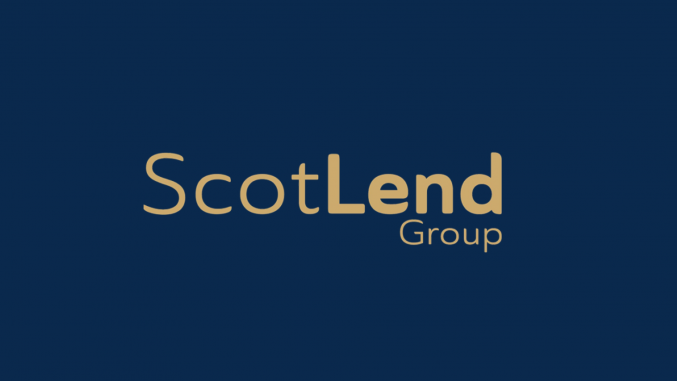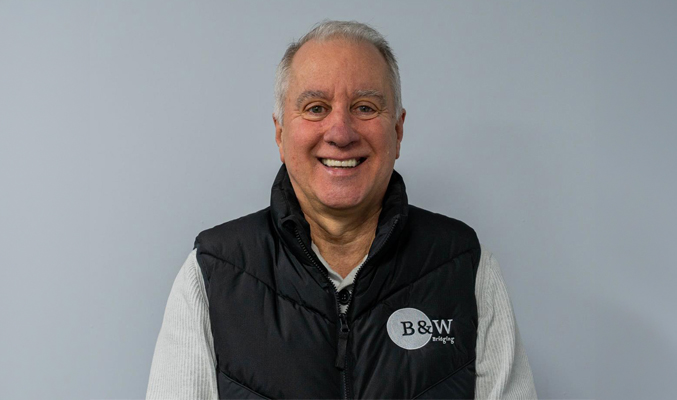The powerful link between gender diversity and ESG
By Hannah Duncan

Finance and construction cause catastrophic environmental devastation. Famously, they also have the lowest levels of diversity… Co-incidence? Apparently not!
A series of new studies are revealing the damning link between laughable gender diversity and tragic environmental, social and governance (ESG) progress. Here are some of the most powerful findings.
Paying attention to stakeholder interests
“To enhance sustainability performance, companies should pay greater attention to the composition, structure, duties and power of the board of directors”, concludes one 2020 Study from Bari University, Italy.
Researchers analysed 66 firms, comparing their ESG progress with the levels of boardroom diversity. The study focused mostly on gender, and the outcome was clear. It found that bringing more women into the boardroom reduced asymmetries and added a “wider knowledge of different fields” to decision-making processes.
Interestingly, the study also suggests, “while men are generally focused on the predominant needs of the shareholder, women seem more willing to pay attention to stakeholder interests”.
This goes a long way toward explaining why diverse directors are so much better at meeting ESG targets. They look holistically at how decisions impact the people and planet, not just how much it will line a few wallets.
Better innovation, market penetration and monitoring practices
Another study, “Board Diversity and Firm Performance: Impact of ESG in China” found even more benefits. The researchers analysed 248 firms over six years and discovered that diverse firms (in all senses – not just gender) spur innovation, develop better monitoring practices, have a deeper understanding of the market and are better able to propel the business globally. Diversity really is the first step to fixing financial services.
The report concludes with a suggestion for businesses to boost their ESG scores. “Companies who lack the means to participate in ESG activities might acquire a competitive advantage in their markets just by diversifying their board of directors”, it advises.
2021 research from Calvert corroborates these findings. Analysis of 845 firms over eight years across Australia, Canada, the USA, and the UK found a positive correlation between board diversity and ESG. And much like the other studies, the researchers urged firms to adopt a “rigorous corporate engagement aimed at improving diversity, equality and inclusion”.
Talking over women and “old boys’ clubs”
But the Italian study also picked up on a major ESG block. And it’s the same eye-rollingly frustrating obstacle that’s been in the way since the dawn of time. – Women are not getting enough respect … or promotions. Typical. “Our analysis suggests there is still unequal treatment between men and women”, it concludes.
A 2021 report commissioned by the UK’s Association of Mortgage Intermediaries (AMI) is less polite. “The industry is consistently described as an ‘old boys’ club”, it reveals. And most devasting for ESG, “inequalities increase with seniority”.
To illustrate the problem, 17% of all men working in the UK mortgage industry earn more than £125,000 a year. But when it comes to women, that number shrinks to a microscopic 4%. Less than a quarter. Clearly, women are getting left out of boardrooms and ESG is suffering.
For the few who enter these paygrades, many will need to face down micro-aggressions. A staggering 31% of women in property lending are “ignored or spoken over in meetings”. And 31% feel undervalued.
Disturbingly, 15% of women in the industry have been sexually harassed by a colleague too. As someone who worked in finance myself, I can easily believe that. I’d even suggest the real number is probably higher, as behaviours can become normalised, unreported, or swept under the rug – especially for senior positions. Old boys’ club? Old pervs club more like.
Non-binary professionals need a voice too
Non-binary is a catch-all phrase for people who do not identify as being male or female. They could be trans-gender, neutrois, androgynous, intersex, agender, genderfluid genderqueer or something else. It’s estimated that between 0.4% and 2% of Brits are non-binary, but it’s difficult to get an exact figure.
According to government research, 67% of non-binary people prefer to hide their gender status. And with good reason – a shocking 41% of trans men and trans women have experienced a hate crime in the past 12 months.
At the time of writing, there is hardly any research on the experiences of non-binary professionals in finance. And nothing about the impact they can have on ESG progress. But surely giving non-binary people a seat at the table and a chance to speak is an important part of avoiding planet-destroying groupthink.
According to AMI, we’re nowhere close to achieving this much-needed equality. Just 2% LGBTQ+ professionals earn more than £125,000 (compared to 15% of straight White cis men). And 50% of LGBTQ+ members believe there is a lack of salary transparency, putting them at a disadvantage. They’re also significantly more likely to suffer from workplace stress, anxiety, or depression.
Lenders can lead the transition
This isn’t about being “woke”. It’s about doing the right thing.
In March 2022, investment platform Hargreaves Lansdown outpaced regulators by creating their Trans and Non-Binary Equality Policy. Steps like this can go a long way toward helping different people feel comfortable expressing themselves. It could also dramatically boost the ESG goals of a company.
Harvard Business Review recommends a five-point plan “simplify, connect, own, reward and exemplify” to boost both ESG and diversity ambitions.
Meanwhile, it’s encouraging to see more women becoming figureheads in the bridging lending community. Movements like Bridging Loan Diamonds promote senior men and women equally, and lenders are welcoming more diversity into the boardroom every day.
We still have a long road ahead. Genuine sustainability cannot come from homogenous groups. We need different brains – male, female, and non-binary – working together. Only then can we truly create solutions that work for everyone.

Hannah Duncan is a freelance writer with a passion for finance, sustainable investing and fintech. She loves writing engaging content for industry magazines and investment services, as well as keeping a personal blog at www.hdinvestmentcontent.com










You must be logged in to post a comment.